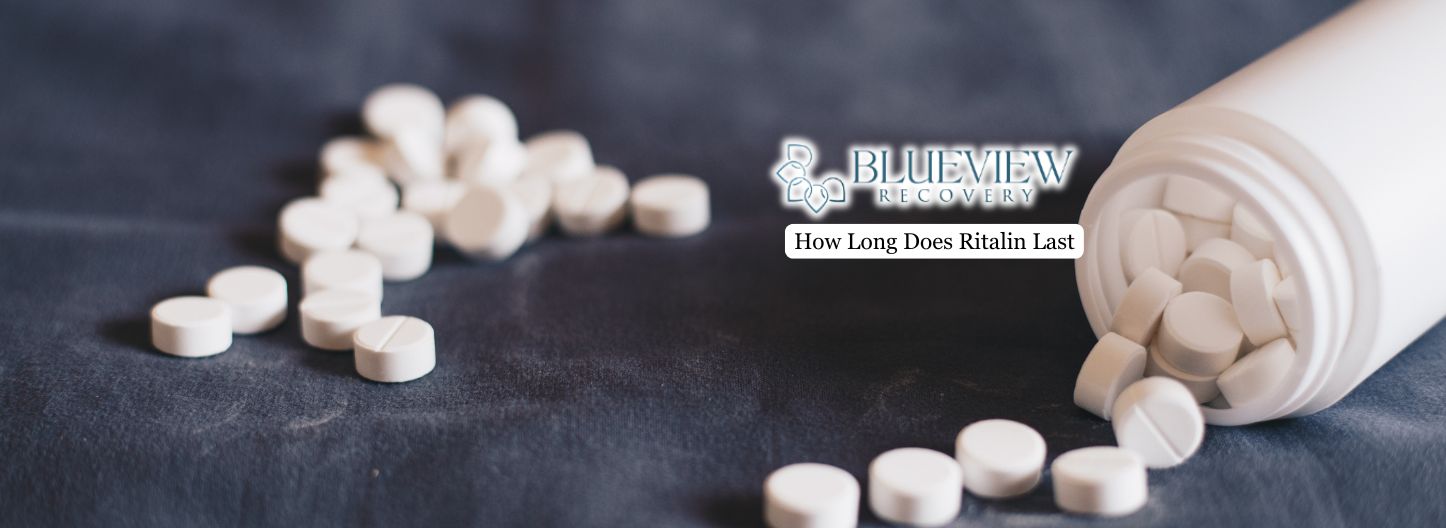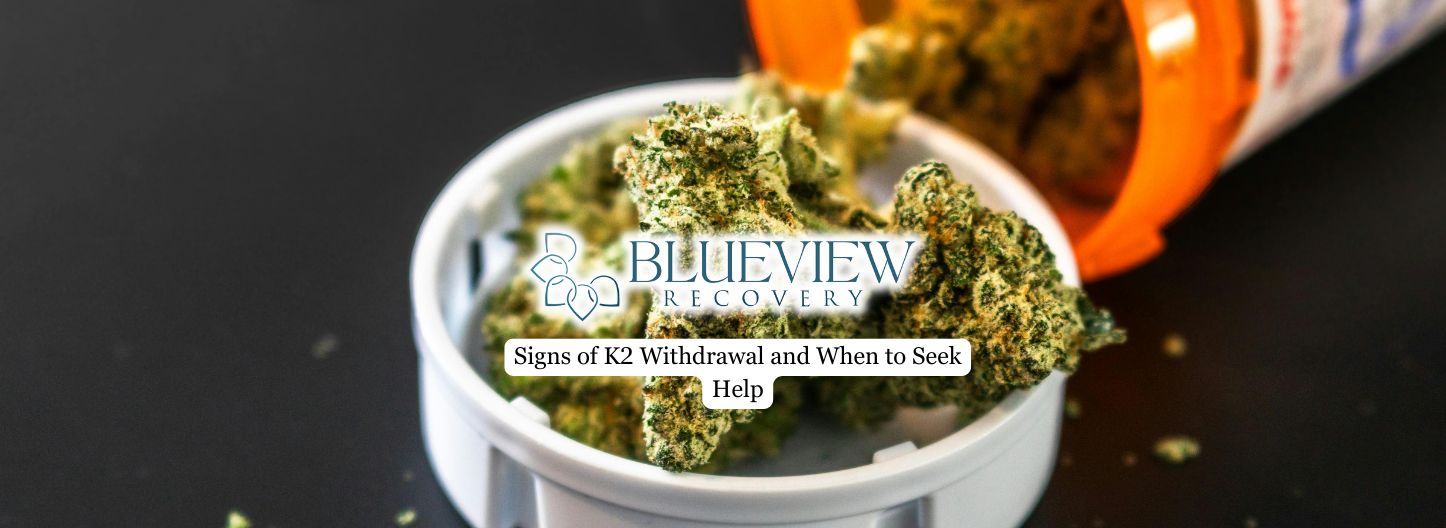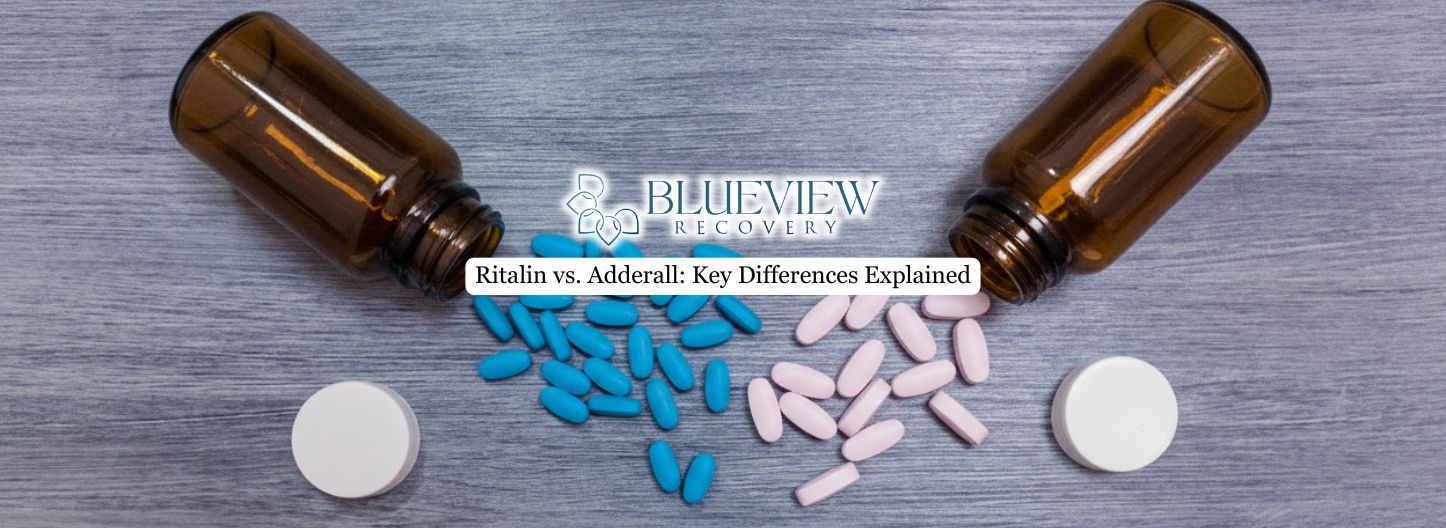Addiction treatment is not a singular approach that works for everyone. As our knowledge of substance use disorders has grown, so too has the structure for delivering comprehensive care. The American Society of Addiction Medicine (ASAM) has developed a continuum of care that acknowledges the intricate, chronic nature of addiction and the necessity for individualized treatment plans.
In this article, we will delve into the different levels of care in addiction treatment, ranging from early intervention to intensive inpatient services.

The ASAM Criteria for Addiction Treatment Placement
The ASAM Criteria for Treatment Placement is a comprehensive tool that helps healthcare professionals determine the most appropriate level of care for individuals struggling with substance use disorders.
It’s based on a multidimensional assessment approach, evaluating six key dimensions to ensure treatment recommendations align with the severity of the disorder and the patient’s specific needs.
The criteria categorize substance use treatment into five distinct levels of care, ranging from early intervention to intensive inpatient services.
By utilizing the ASAM criteria, providers can make informed decisions about the most suitable treatment setting for each individual, considering their unique strengths and support systems.
Regular reassessments using these criteria allow for flexibility in adjusting the level of care as the patient progresses through their recovery journey.
Early Intervention
Categorized as Level 0.5 in the ASAM framework, early intervention services focus on preventing substance use disorders through educational programs and informal counseling.
By raising awareness about the dangers of substance use and promoting healthier choices, these services can significantly reduce the risk of developing more severe addiction later on.
Many treatment centers integrate early intervention strategies to enhance overall treatment success and community health, recognizing the importance of addressing substance use issues at their earliest stages.
Inpatient and Residential Treatment Services
Residential and inpatient treatment programs typically involve patients living full-time at a treatment facility for a period ranging from 30 days to several months, depending on individual needs.
The 24-hour care is particularly beneficial for those struggling with severe addictions, co-occurring mental health conditions, or individuals who have not found success with less intensive outpatient treatments.
The structured environment of inpatient programs allows patients to focus entirely on their recovery, free from the distractions and triggers of everyday life.
Treatment typically includes a combination of medical detoxification, individual and group therapy sessions, educational workshops, and sometimes holistic therapies like art or music therapy.
Check out our guide on what happens after an Intensive Outpatient Program if you want to know what to expect after completing this program.
Outpatient and Partial Hospitalization Programs
Outpatient services offer the flexibility to maintain daily routines while receiving ongoing support.
Outpatient treatment programs typically involve less than 9 hours of therapy per week for adults and less than 6 hours for adolescents, catering to those with less intensive needs.
Partial hospitalization provides structured treatment for 20 or more hours weekly, allowing you to receive intensive support while living at home.
Intensive outpatient programs (IOP) offer around 3 hours of therapy per day, 3 days a week, enabling you to balance personal responsibilities with recovery efforts. Here we have detailed article on how does IOP for addiction treatment works.
This outpatient level of care for substance abuse treatment supports your progress and reduces the risk of relapse as you work towards long-term sobriety.

Detox and Withdrawal Management
Withdrawal management typically takes place in a medically supervised setting where patients receive around-the-clock care to ensure their safety and comfort during the acute phase of withdrawal.
The process involves three key components: evaluation, stabilization, and fostering patient readiness for further treatment. Medical professionals assess the patient’s condition, administer appropriate medications to alleviate withdrawal symptoms, and provide support to manage cravings and discomfort.
This level of care is particularly crucial for substances like alcohol and opioids, where withdrawal can be severe or even life-threatening.
While detoxification alone does not address the underlying causes of addiction, it serves as a vital bridge to longer-term treatment, preparing patients physically and mentally for the next stages of their recovery journey.
Here you can read more about the standard duration of the detox process.
Aftercare an Ongoing Support
Ongoing support and aftercare programs are vital components of the continuum of care in addiction treatment, ensuring that you maintain your hard-earned progress and reducing the risk of relapse as you navigate life after completing a treatment program.
Aftercare encompasses various support options, such as sober living homes, follow-up therapy sessions, and participation in support groups like AA or NA. These structured environments provide accountability and reinforce coping strategies learned during treatment.
Final Thoughts From Blueview Recovery
Whether you’re transitioning from a higher level of care or seeking treatment for the first time, Blueview Recovery is here to support you. We offer a comprehensive outpatient treatment program in King of Prussia, Pennsylvania, designed to provide the crucial support you need while allowing you to maintain your daily life. Our flexible scheduling, insurance verification, and personalized treatment plans ensure that you receive the care you require when you need it most.





